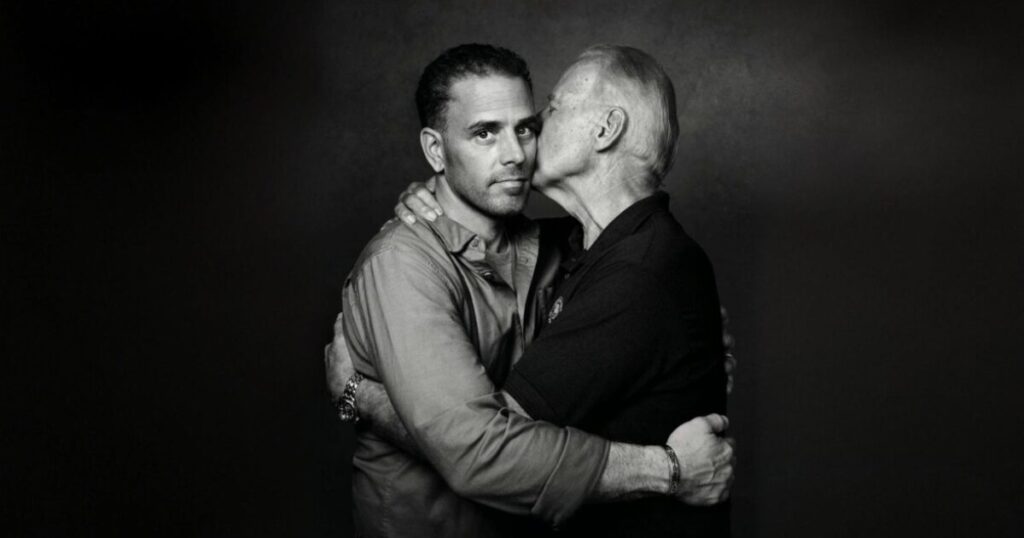President Joe Biden’s recent decision to pardon his son, Hunter Biden, has ignited controversy across the political spectrum and raised questions about accountability and the integrity of the justice system. The pardon comes amid Hunter Biden’s guilty pleas to multiple felonies, including tax evasion and unlawful possession of a firearm. Biden justified the decision by asserting that his son faced “unfair and selective prosecution,” a claim which has been met with skepticism, particularly from the judicial system. Critics argue that Biden’s actions contradict his earlier promises to refrain from using the pardon power politically, leading to bipartisan backlash and further complicating his administration’s narrative and stability.
The pardon decision emerged shortly after Biden’s Thanksgiving retreat, marking a bold, albeit contentious, move within his administration. By clearing Hunter of significant federal charges, Biden not only attempts to shield his son from legal repercussions but also aims to mitigate the political fallout that could ensue from a new Republican administration led by Donald Trump. However, Judge Mark C. Scarsi overseeing Hunter’s case condemned Biden’s remarks as an attempt to “rewrite history,” pointing out the discrepancies between Biden’s claims of selective prosecution and the established facts of the investigation, which were conducted by his own Justice Department.
In addition to the specific pardon for Hunter Biden, reports indicate that President Biden is contemplating issuing preemptive pardons for current and former officials from Trump’s administration, potentially including high-profile figures who may face legal retaliation from a Trump-led government. Worries over targeted revenge attacks against outspoken Trump critics like Liz Cheney and Dr. Anthony Fauci appear to have spurred these discussions. However, the legality and ethicality of such preemptive pardons remain unclear, as they could be perceived as dangerous overreach, inviting public skepticism and the implication of wrongdoing among those targeted for pardon.
The implications of blanket pardons extend beyond the immediate cases at hand, raising significant concerns about their effects on the principle of accountability within the justice system. By granting pardons to individuals who have yet to be charged, Biden’s actions could create the perception of guilt among those receiving clemency and suggest that political allies have immunity from prosecution. The potential normalization of such practices risks fostering an environment where unethical behavior is emboldened and public trust in judicial processes continues to erode, hindering the principles of fairness and justice.
As Biden’s administration wrestles with the ramifications of such actions, the ongoing national discourse surrounding Dr. Anthony Fauci, a key figure during the U.S.’s COVID-19 response, becomes ever more relevant. With Donald Trump’s anticipated return to office, Republicans are calling for Fauci’s prosecution over allegations related to the pandemic’s origins and his purported funding of contentious research. These claims have reached mainstream media attention, with contrasting narratives emerging that either defend Fauci’s previous actions or call into question the appropriateness of governmental oversight regarding viral research, particularly in collaboration with foreign entities.
The growing political polarization surrounding these issues reflects deeper divides within U.S. governance and the potential consequences of Biden’s broad pardon strategies. If not handled with care, Biden’s pardons could reinforce partisan tensions and further disrupt the fragile dynamics of American democracy. The overarching concern remains that excessive use of pardon powers undermines the rule of law and challenges the notion that no individual is above accountability. As the administration navigates this contentious landscape, it’s crucial that it remains cognizant of the implications these actions have on public perception and trust in democratic institutions moving forward.

